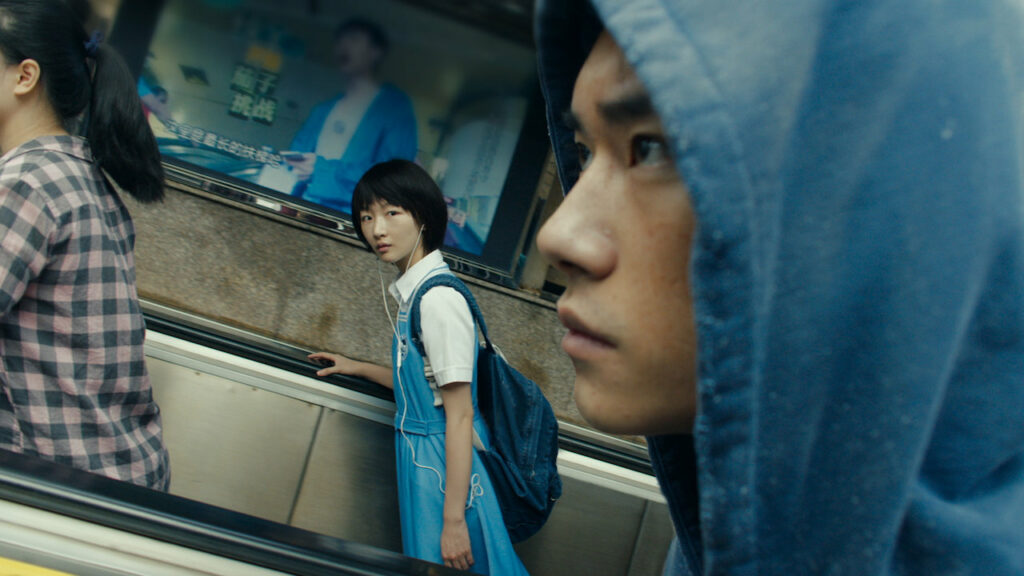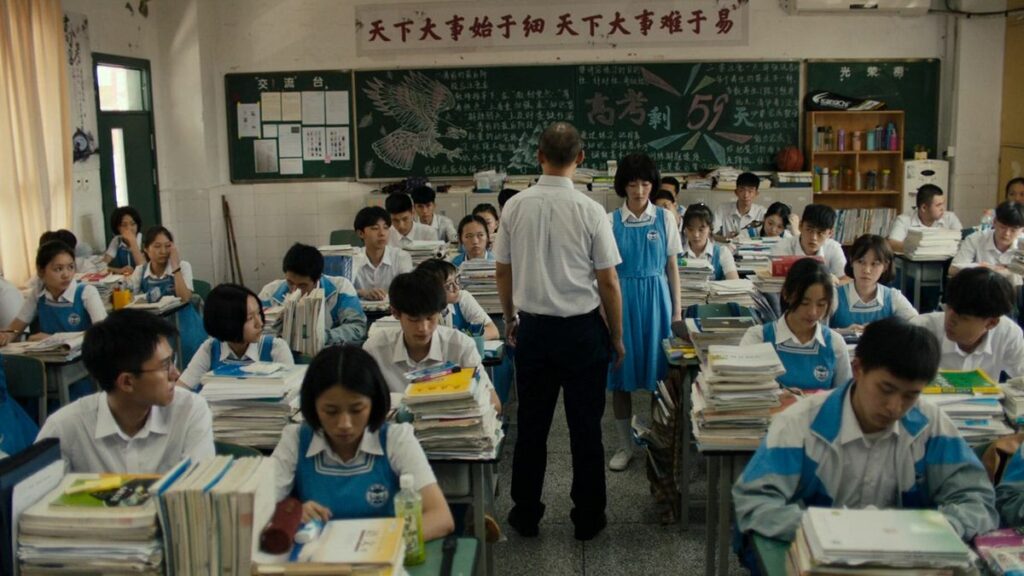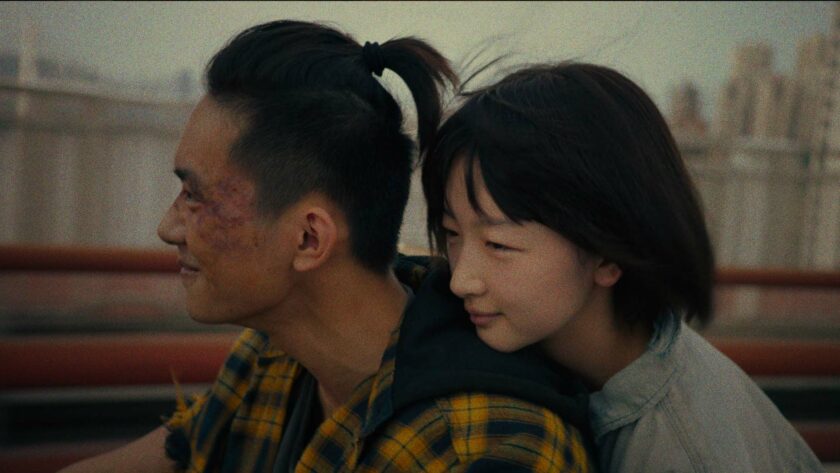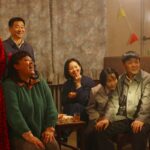LEAFF 2020 celebrates its fifth year with a programme of ten films from celebrated and debut film makers. Championing East Asian cinema, LEAFF aims to bring a wide range of cinema to London and offer the opportunity to experience a new culture of cinema.
Editor-in-chief Tomi Haffety comments on a captivating portrait of the pressures of the Chinese school system.
There are few films over 120 minutes long that have held my undivided attention throughout. Better Days not only captivated me to the point of stunned silence, but renewed my appreciation for great cinema. Perhaps it was the return to the physical cinema; the buzz of being shown your seat, the satisfaction of preparing for the main act while watching fast-paced adverts, all heightening my awe for this coming of age, crime, romantic drama. (You read that right, this film really did explore every genre. And it mastered them all.)
Better Days is a perfect depiction of the Darwinian environment found in Chinese high schools, but is applicable to global experiences of bullying and the pressures of young adulthood. Delayed due to the Chinese government’s refusal to release the film over concerns of its ‘too realistic’ lens on the country’s education system, Derek Tsang’s feature made (an astonishing) $230 million at the Chinese box office on release. Since, it has been chosen as Hong Kong’s entry for the 93rd Academy Awards — an incredibly apt celebration of Tsang’s virtuosity.

Better Days opens on a wide shot of teenagers entering their school. A homogenous mass in their blue and white uniforms, the shot has the breath-taking effect of a domineering wave crashing onto the sand. Not five minutes in, we are exposed to the suicide of a student, and its chaotic but painfully lackadaisical aftermath. The suicide is a tragic consequence of the pressure put onto Chinese final year students as they prepare for Gaokao exams, a two-day series of exams held in summer which determines entry to universities. It is not rare for the fate of entire families to rest on the Gaokao results, hence the enormous pressure that students are put under during the final year of school.
Recurring throughout Better Days is an unceasing focus on people. Faces, bodies, and voices dominate the screen as the camera moves quickly across scenes, never landing on one thing for too long. This deliberately fast pace makes for uneasy viewing, which I suspect is the purpose of Tsang’s direction, simply because of the nature of the story he’s chosen to tell – abuse and rebellion within a rigidly Confucian system is never going to be a comfortable watch. Although the film is a 120-minute collection of spectacular scenes, an early shot of protagonist Chen Nian (Zhou Dongyu) being beaten by a bully in which the only thing that could be heard was the isolated sound of the beating stayed with me until well beyond the film’s end. A nefarious rivalry between the bully, Wei Lai (Zhou Ye), and a vulnerable Chen Nian creates a toxic relationship between the two girls as they begin to navigate perilous events when the year unfolds.
The film’s second act begins with the forming of an unlikely friendship between Chen Nian and a young man on the outskirts of gang life, Bei (Jackson Yee). Living at the edge of society in a dilapidated abode below a highway, Bei leads an elusive and dangerous existence as the archetypal delinquent. As the story unfolds, we learn that he is simultaneously the epitome and antithesis of this stereotype. Bei and Chen Nian develop a relationship that reaches beyond adolescent drama and inconsequential immature relationships. Scenes of subtle intimacy, such as dimly lit hand caresses, and the solidarity in shaving their hair together, highlight a soulmate-like bond and explore romance beyond teenage sex. Regularly struck by how young the protagonists look as they share secrets in the dead of night, exposing their dark histories, it is easy to frame this film as the ultimate coming of age story. Lacking a romanticisation of the high school experience, Better Days encapsulates the raw hardships of growing up when your adolescence has been as tumultuous as it is for Bei and Chen Nian.

Along the main plot line of Chen Nian’s unorthodox high school life and experience as a victim of bullying, there are multiple stories happening simultaneously. Transforming completely at the third act, the film shifts its focus from the emotional relationship of the two teenagers to the more sinister aspects of their story. A murder is unearthed, and the ongoing police investigation into the initial suicide is transferred onto this new, more complicated case. It is in this act that the strength of the cast shines through. Jackson Yee is utterly convincing as a troubled young man, and Zhou Dongyu perfectly captures the internal conflict of an over-achiever with an ultimately bleak outlook on the education system and society as a whole. The minimal use of music allows for a deeper focus on character development, creating the astounding impact of feeling wholly connected to the cast by the close of the film.
LEAFF 2020 was conducted entirely through in-person screenings, and I think this ultimately shaped my overwhelmingly positive experience of the film. Returning to the cinema and watching a new film for the first time on an IMAX screen was undoubtedly more entertaining than screening it online, and I am utterly grateful that I was able to access Better Days this way. That said, Better Days has had a long-lasting impact on me, and when I re-watch the film, I am certain that the same admiration will be felt. As a result of its long runtime, there is apt space for intricate exploration of multiple themes across the main plot line. Tsang successfully incorporates all aspects of the Chinese attitude toward young people and the pressures placed upon them into a captivating feature.




